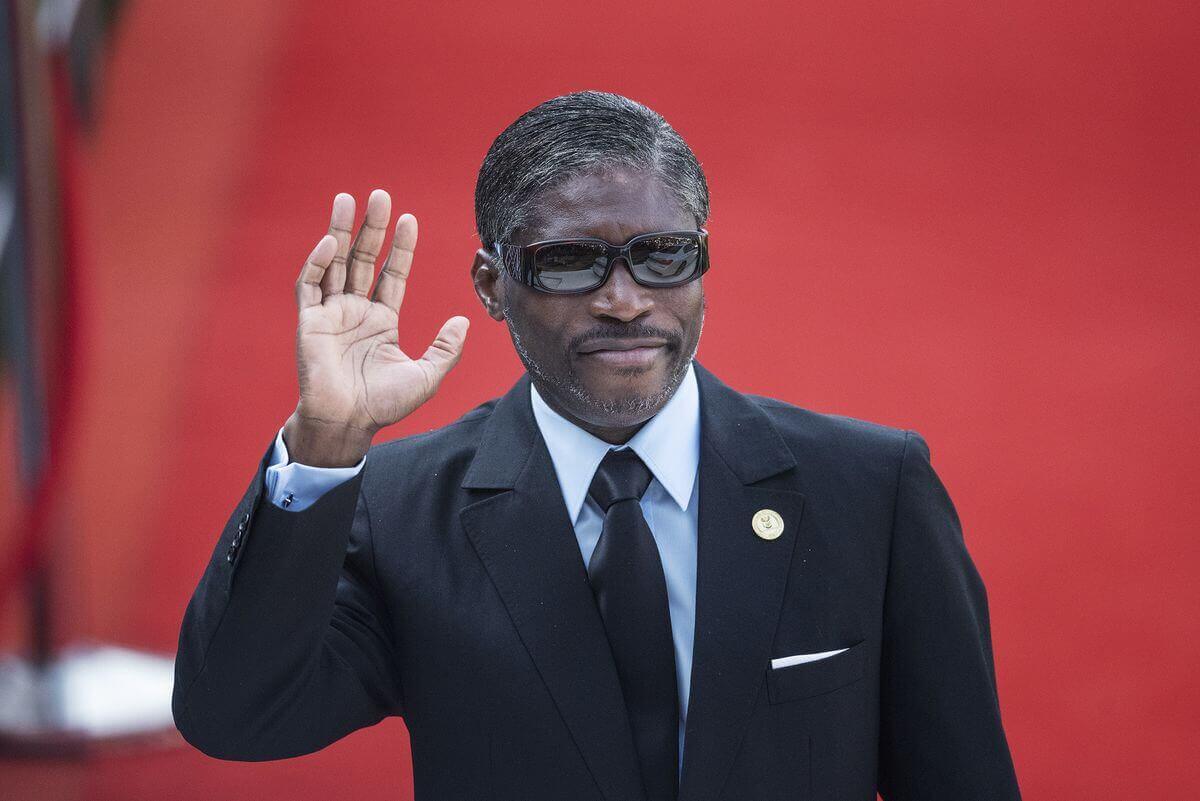Equatorial Guinea has shut down its embassy in London just days after the United Kingdom (UK) announced sanctions against Vice President (VP) Teodoro Nguema Obiang Mangue for corruption.
Last Thursday, British Foreign Secretary Dominic Raab announced a host of new sanctions as part of the UK’s Global Anti-Corruption sanctions regime. In the list was Equatorial Guinea’s VP, for his “involvement in the misappropriation of state funds into his own personal bank accounts, corrupt contracting arrangements and soliciting bribes, to fund a lavish lifestyle inconsistent with his official salary as a government minister.”
The announcement by the UK’s Foreign, Commonwealth, and Development Office said that the decision was motivated in part by the Obiang’s misappropriation of around $500 million, which includes the purchase of a $100 million mansion in Paris as well as a $38 million private jet. The sanctions include an asset freeze and a ban on his entry to the UK.
On Friday, the government of Equatorial Guinea released a statement denouncing the “unilateral and illegal sanctions,” saying: “The unfounded sanctions imposed by the British Government are justified by the manipulations, lies and malevolent initiatives promoted by certain non-governmental organisations against the good image of Equatorial Guinea.” To this end, they called on the UK to lift the sanctions “as soon as possible.”
However, given that the UK has not acceded to this request, Foreign Minister Simeon Oyono Esono announced that President Teodoro Obiang Nguema Mbasogo had ordered a closure of the embassy in London. Esono said, “Equatorial Guinea will not accept interference in the internal affairs of the country, which violates the principle of international law.”
The anger with which the UK’s move has been received is largely because the vice president is also the president’s son, who has VP has a history of corruption. When he previously served as the Minister of Agriculture and Forestry, he implemented a ‘revolutionary tax’ on timber and stipulated that the payments must be made “directly to him or a company he owned.”
The 79-year-old president has been in power for over 41 years after taking control in a coup in 1979, 11 years after the country gained independence from Spain. His son is being groomed as his successor but many have criticised his lavish lifestyle while the majority of the country continues to live in abject poverty.
The country is almost entirely dependent on the hydrocarbon industry, which makes up 90% of its economy. However, with energy prices plummeting over the last few years, its economy is highly vulnerable. The World Bank estimates that 76% of the population lives in poverty, while 75% don’t have access to the internet.
Therefore, the UK’s latest sanctions aim to target the gross wealth inequality in Equatorial Guinea, which is driven in large part by corruption and mismanagement.

